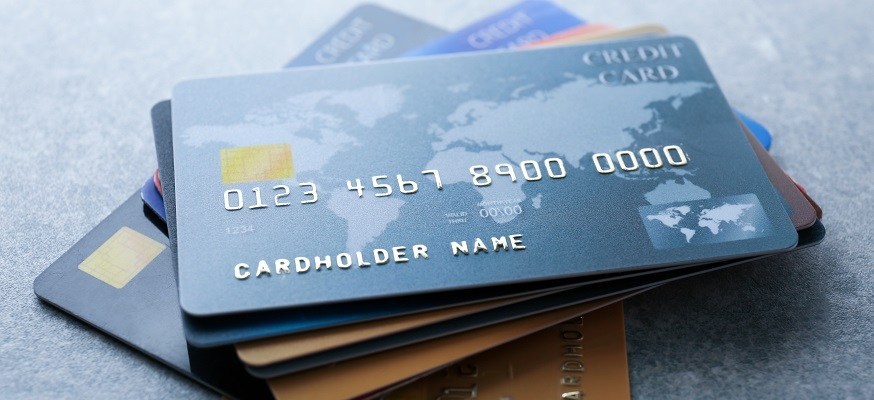As a kid, I used to think credit cards and debit cards served the same purpose. Then, when I was a high school sophomore, we had an Economics class and my world crumbled. Turns out credit cards and debit cards did not work the same way. Well, that was a few years ago and I have come quite far since then. Although credit cards do offer convenience, it can be rather risky if you had no idea how to manage your financial habits. If you’re rather unfamiliar with credit cards, there are a few things you need to know.

In simple terms, a credit card is a kind of loan from an issuer. A debit card takes away money from your checking account, whereas a credit card uses the company’s money and bills you later. You can use credit cards to pay bills or make purchases. However, you can only borrow money up to a certain amount, which is called your credit limit. The higher your income and the better your credit, the higher your credit limit can be.
When you use a credit card to purchase something or pay bills, the seller’s bank requests approval from your credit card company. The credit card company can then choose to approve or deny the transaction. At the end of a billing cycle, your credit card company will send you a bill reflecting all the transactions you had made during that billing cycle with your minimum payment due, previous and current balance, and due date. Paying on time and paying the amount in full will save you from paying any interest.
However, if you are unable to pay the full amount and carry a balance every month, your card company may charge you interest. Depending on your card issuer’s annual percentage rate, or APR, they may charge you as much as a 17% interest. What started as a small balance may take you years to pay off including an outrageous interest. Totally not cool. In contrast, being a good payer will help you build good credit. Good credit means you’ll have higher chances of getting approved when you apply for a loan or when you’re looking to rent an apartment.
Aside from late fees, credit cards also charge other fees. One type of fee is the annual fee that the company charges in exchange for the benefits you receive from using the card. When making a purchase in a different currency, a credit card issuer may also charge you a foreign transaction fee. If you are running short on cash and need to take out money from your credit card, the company may also charge you a cash advance fee, which is pretty hefty, so try to avoid it as much as possible.
Credit cards can be a good addition to your wallet, as long as you are responsible in using it. Credit cards may offer valuable rewards, help build credit, and are a good ally against fraud. However, to enjoy these perks, you need to develop healthy spending habits. That means charging only for things that are within your budget so that you can pay it on time and in full amount. Being an irresponsible card user could lead to a difficult life of credit card debt.
